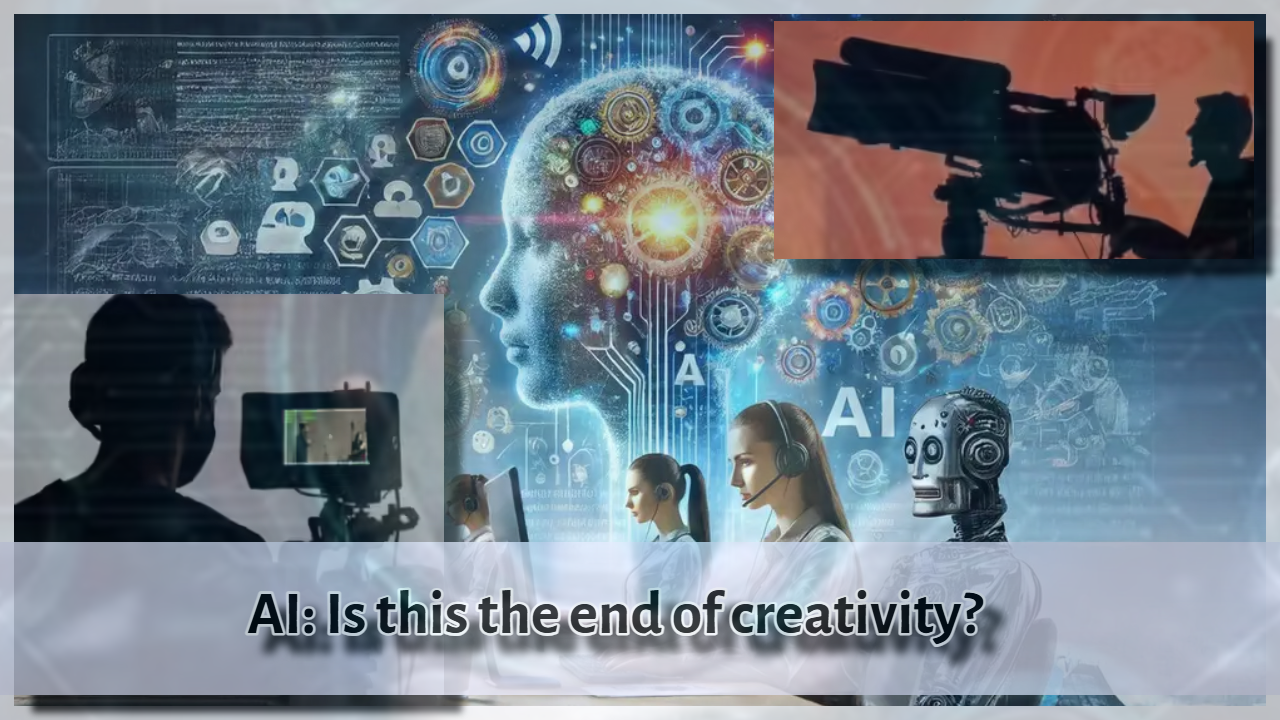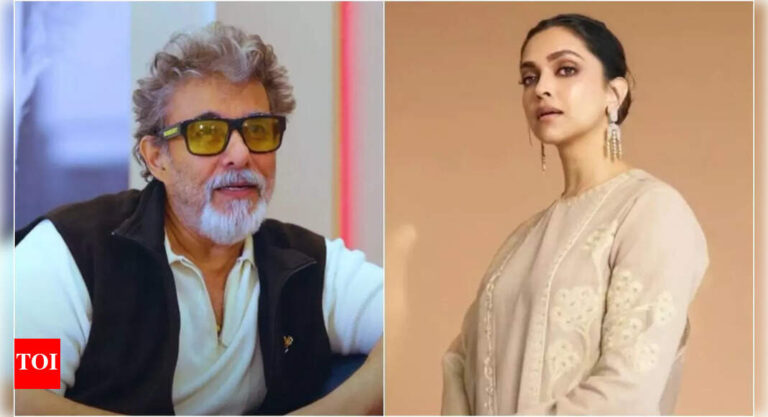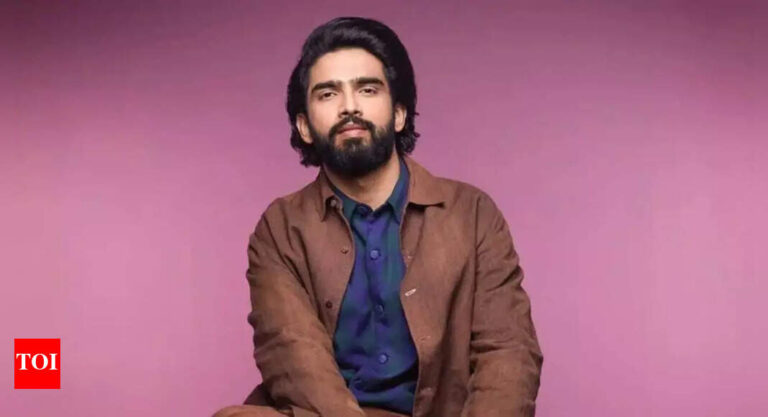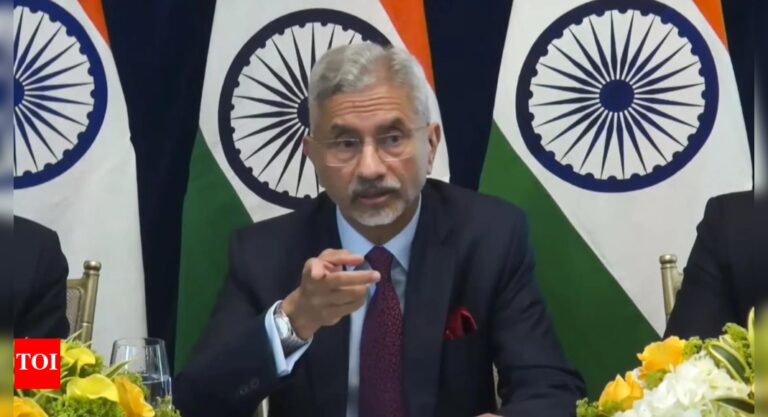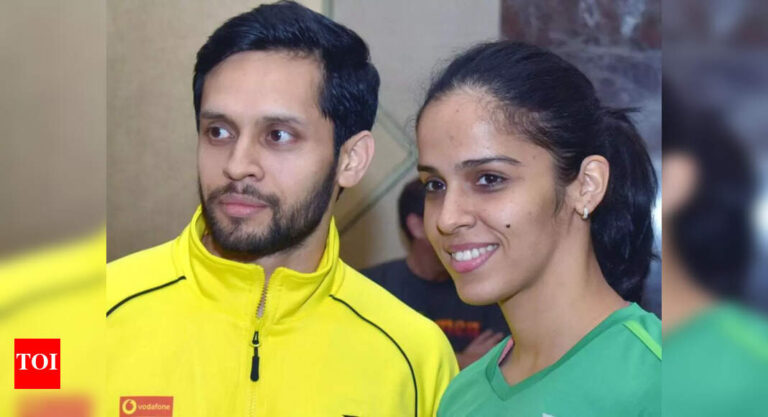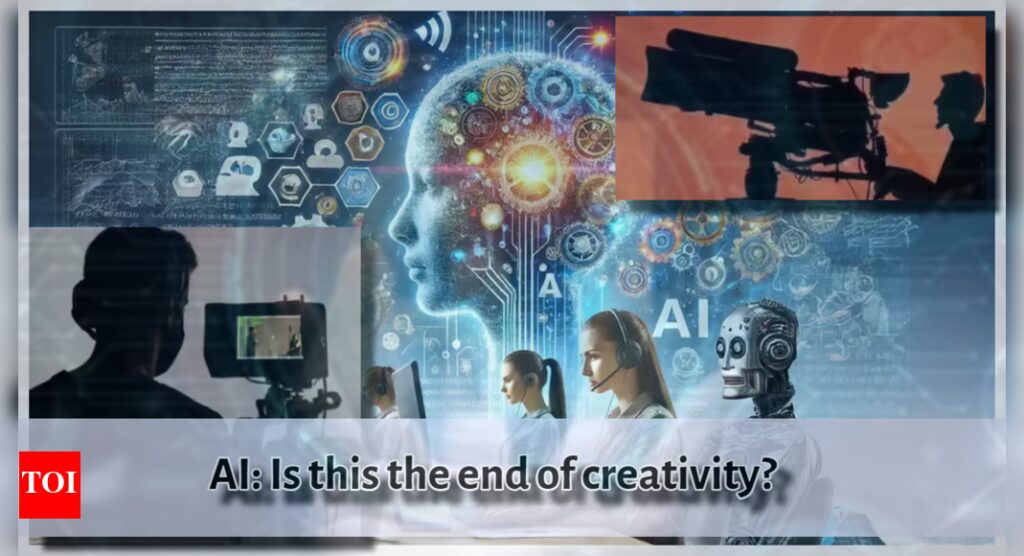
AI is killing creativity
When we asked comedian-turned-actor Munawar Faruqui about his views on whether AI is a bigger threat, he shared, “I think it will make the future generation lethargic.” Further, expressing his take on technology’s no-so-subtle takeover, Munawar drew a parallel between the evolution of marketplaces and the use of AI in education and creative industries. He said, “It is already happening with the market; like, now you can bring things directly to your home. Earlier, you used to go to the market and walk, which was a good thing. Similarly, if AI is doing all your work, it will make you lethargic.”“The young generation, the small children, are making all their projects on AI. This kills your creativity, and your thinking power is restricted. You will never go to the second option because you are writing one line and getting the poster or the story. So, I think it is bad for us. The people who don’t want to work themselves or the people who think it is easier, are using AI,” he continued.Emphasising that artificial intelligence is simply killing the effort and creativity in brains, he mentioned, “I don’t like the way AI is because it kills creativity. I have not yet used it so far, don’t even know what the software is.”Having said this, he also acknowledged that one needs to upgrade with time; however, “this is something I don’t want to upgrade. It will affect me if I use it,” he concluded.
Is the next generation just dumbing down?
Echoing with Munawar’s sentiments, Krystle D’souza shared, “I remember when I wouldn’t remember a word before, I would open a dictionary like a hard-bound dictionary and look for that word and get the meaning. Now it’s just like one click away. It’s good, there are pros, you save time, you save all of that, but you are mentally going to kill yourself.” “The next generation is just dumbing down, and we don’t need that, we need people to think, use their minds, apply and create more things than asking an AI to create things,” she highlighted.
Not a threat but an opportunity
In contrast to Munawar and Krystle’s skepticism, director Farhan P. Zamma offered a more nuanced, forward-thinking take on the AI debate.“Look, we have to go with the flow, because when computers initially came, people said they would eat our jobs. And it did happen with those who didn’t train, but the next generation adapted,” said the director of ‘First Copy.’On the topic of going with the flow, he further elaborated, “So, for AI, we should not do the same. We should look for ways to creatively blend our efforts with AI and learn new things. When you talk about 90s, this is the only generation that has seen a Walkman, CDs, and computers. Today, they are seeing the AI, smartphones, and the age where computers are being washed out. Thus, we should not look at it as a threat; rather, we should look at it as an opportunity.”
Give AI a chance
“When people didn’t have money, they made movies on webcams and later on phones. So today, when people have a good story, but don’t have a budget or even the effort, and want to make something creatively on AI, it should be given a chance,” said the director.“This is the future, and you can’t close your eyes,” he continued.
Talent will still matter
Farzan further highlighted how he comes across scripts that are AI-written, that appear aesthetically correct but lack soul. This is something that AI can’t replace. “Thats where actual talent will be valued in future, where people would be so tired of watching this AI stuff that they would rather go for live shows rather go for performance, rather go to sit with intellectual people and that will be high demanding because if you are sitting in a group then there is no AI or you are not googling,” he mentioned. “So, of course, we have to keep a balance between. We don’t have to become lethargic. We need to learn from it,” said the director.
How do we settle the debate?
The entertainment sector has long been caught in a struggle between evolution and ethics. From the introduction of sound films to the emergence of streaming services, change is a constant. Now, AI has entered the scene as a formidable force, offering potential but also raising concerns. The key issue is how filmmakers, writers, and actors will react. Will they leverage AI to enhance their creativity, or allow it to compromise their artistry? Will audiences embrace content generated by machines, or will they insist on stories infused with genuine emotion? Much like the challenge of piracy, this upheaval may eventually settle, but only if the industry approaches it with wisdom, compassion, and a renewed appreciation for the unique human element that makes art enduring.

